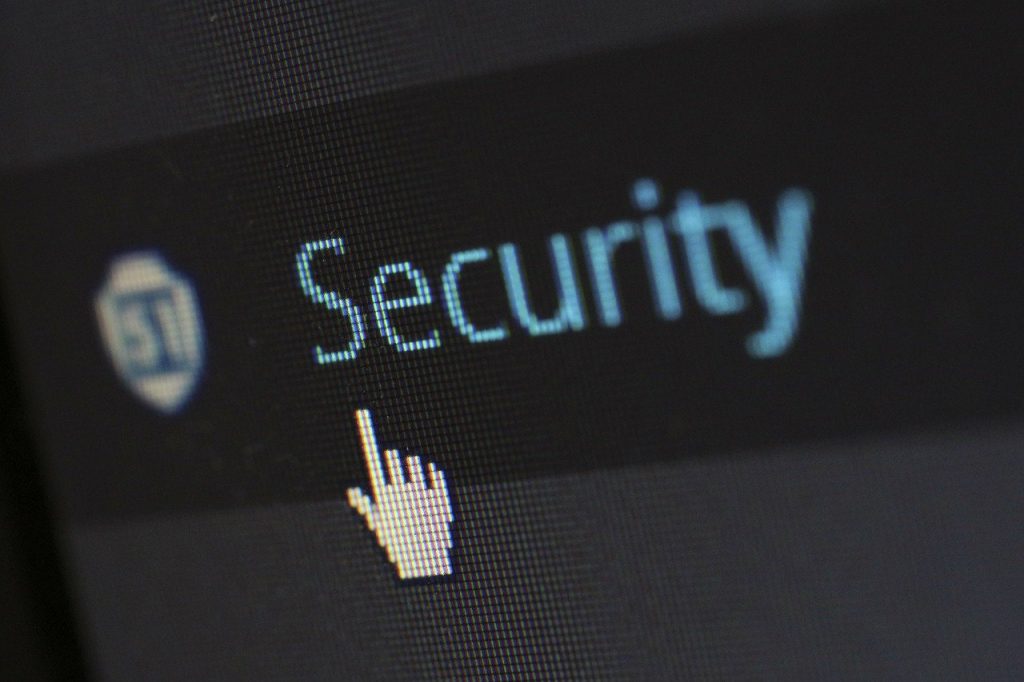It’s hard to believe that people can still be hacked after everything we’ve seen. But the truth is, there are always new ways hackers find to break into your system. They come in through email attachments, websites, and pop-up windows. No matter what kind of device you use, PC, laptop, or tablet, it’s important to install antivirus software on all your devices because once you get hacked it can be hard to get back to normal. Here are 4 reasons why you should have an antivirus installed on your PC!
1. Protection from viruses, spyware, ransomware, and malware in general
Viruses are a very common form of malware that can be delivered through an email attachment, a website link, or a pop-up window. Once you open the file your computer will start running it and this is when hackers gain access to your system. If you have an antivirus installed on your PC then the virus will be removed before it has time to do its damage. You can learn more here if you want to understand how antivirus software can protect you. Spyware works in a similar way as a virus except it steals your information instead of damaging files. The first sign you may have spyware on your PC is if ads from companies appear everywhere on web pages or pop-up windows keep appearing asking for money to remove them. Ransomware locks all your files and gives you a deadline to pay the hacker. It’s best not to mess around with ransomware because cyber-criminals are often serious about getting money from their victims. If you have an antivirus on your PC then it can usually remove or block this type of malware before it does any harm.
There are many more forms of malware out there besides viruses, spyware, ransomware, and phishing attacks. Trojans are another very common form of dangerous payload that cyber-criminals use to break into your PC. Trojans can be delivered through links, attachments, or infected files. If you have an antivirus on your PC then it can usually block Trojans from doing any harm. One of the most annoying forms of malware is a browser hijacker because it changes your homepage and redirects you to unknown websites that may contain viruses or other dangerous payloads. This form of malware is usually delivered via links, attachments, or files. So avoid clicking on suspicious links or downloading unknown programs from the internet.
2. Protection from phishing attacks
Phishing is when hackers send emails pretending to be from a company such as PayPal, Apple, iCloud, or some other online service that holds your important information. These emails might look official at first glance but they will usually ask you to click on a link so the hackers can steal your information and log-in credentials. Hackers also use text messages for phishing attacks so never click on links sent to you via text. The best way to avoid a phishing attack is by ignoring emails and clicking on links that ask for personal information. So if a website asks for your password, social security number, or bank details then close the page without entering any of your information because it’s probably a scam.
3. Protection from hacked websites
Hackers can also use infected websites as a means of delivering viruses and other malware to unsuspecting internet users. Hackers will often break into websites so they can record what people type in so they have access to login credentials as well as credit card numbers and other financial data which can be used to steal money from victims. Luckily there are antivirus programs that warn you when dangerous web pages try to install software on your PC. If you see something like this on your computer then click the X button or close the page without entering any information or downloading anything.
From our partners:
4. Protection from spam emails and messages
Hackers often use spam emails to deliver viruses, malware, ransomware, and phishing scams to unsuspecting internet users so it’s important to always be cautious about what you read online. Sometimes hackers even use social media platforms such as Facebook Messenger to spread malicious links that download malware onto victims’ computers. The best way to avoid these types of attacks is by ignoring all unsolicited email messages and posts on social networks begging for likes. Spam messages are usually sent in bulk so if something looks fishy then don’t click it because there’s a good chance it’s a scam.

No matter what computer you use it’s important to always be safe online by using common sense and not clicking on suspicious links or attachments unless you are absolutely sure they are safe. Downloading an antivirus is the best way to protect yourself because your antivirus will block, remove, or quarantine any malware that tries to enter your PC. So if you want to keep your files safe then don’t fight viruses alone, download an antivirus now!













